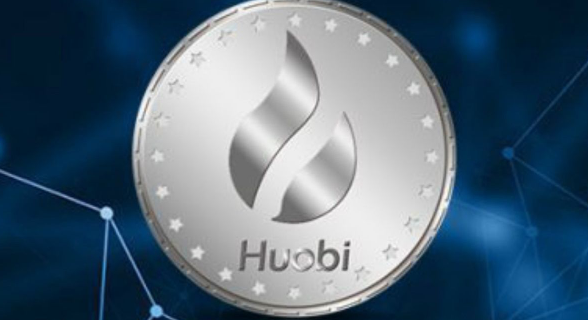What does Huobi futures trading mean?
- WBOYOriginal
- 2024-07-02 13:19:28816browse
Huobi futures trading is a derivatives trading that allows traders to speculate without holding the underlying asset. Features include: Leverage: Amplifies potential profits and losses. Two-way trading: supports long (bullish) and short (bearish) trading. Margin trading: A deposit is required as collateral. Contract trading involves high risks, including leverage risk, market volatility, slippage risk and liquidation risk.

What is Huobi Futures Trading?
Huobi futures trading is a derivatives trading that allows traders to speculate on changes in asset prices without holding the underlying asset.
Features of contract trading:
- Leverage effect: Contract trading allows the use of leverage, that is, using a small amount of money to control a larger value contract. This can amplify potential profits, but it can also magnify potential losses.
- Two-way trading: Contract trading allows traders to make long (bullish) or short (bearish) trades based on predictions of asset price movements.
- Margin Trading: Traders need to deposit margin before trading as collateral for the transaction. The deposit can be in cash or cryptocurrency.
How contract trading works:
Contract trading is a peer-to-peer transaction with other traders. When a trader opens a position, they enter into a contract with another trader that agrees on a target price for the asset's price at some point in the future.
- Long Trading: If traders predict that the price of an asset will increase, they can open a long contract. If the price does rise, they will profit from the difference with the short traders.
- Short Trading: If traders predict that the price of an asset will fall, they can open a short contract. If the price does fall, they will profit from the difference with the long traders.
Risks of contract trading:
Contract trading is highly risky and traders may suffer significant losses. Some risks include:
- Leverage Risk: The effect of leverage can amplify losses and lead to account liquidation.
- Market Volatility: Severe fluctuations in asset prices can lead to unexpectedly large losses.
- Slippage risk: The price at which a transaction is executed may be different from the expected price, resulting in losses.
- Liquidation Risk: If traders are unable to maintain adequate margin, their positions may be liquidated, resulting in a total loss.
The above is the detailed content of What does Huobi futures trading mean?. For more information, please follow other related articles on the PHP Chinese website!

